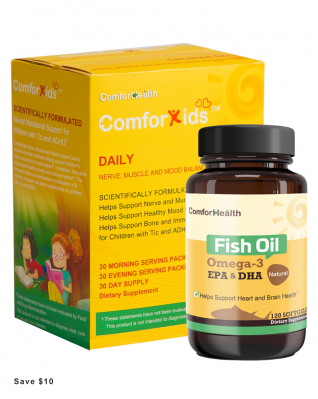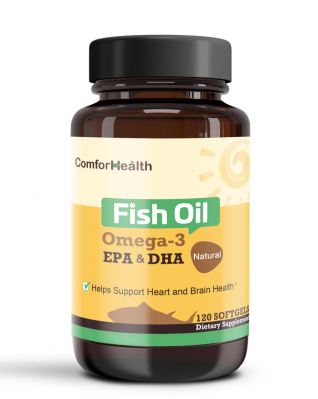Good Mood
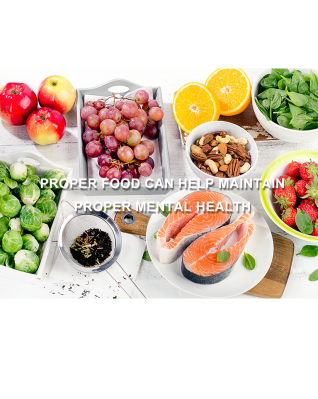
Your mood and your mental state affect every aspect of your life, from how you feel about yourself to your relationships with others and your physical health. There's a strong link between good mental health and good physical health. Depression and other mental health issues can affect physical well being and can contribute to digestive disorders, trouble sleeping, lack of energy, negative nerve response, heart disease, and other health issues.
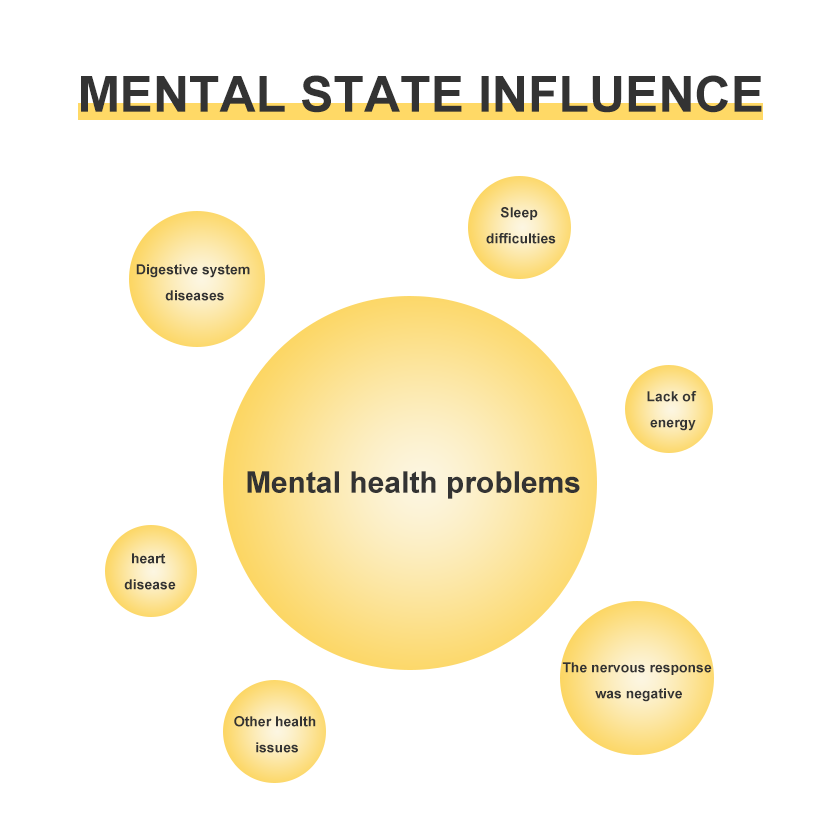
There are many ways to keep your mind and mood in optimal shape. Exercise, healthy eating, and stress reduction techniques such as meditation and mindfulness can keep your brain — and your body — in tip-top shape.
When mood and mental health slip, doing something about it as early as possible can prevent the changes from worsening and possibly causing permanent damage. Treating conditions like depression and anxiety can dramatically improve quality of life. Learning to manage daily stress will make for more satisfying and productive days.
Proper food can help maintain proper mental health. What we eat can determine how we feel, and in reverse how we feel can determine how we eat. Food creates the chemicals in our brains that interact to keep us going throughout the day. It is important to eat a variety of healthy foods, as they have different effects on our brains.
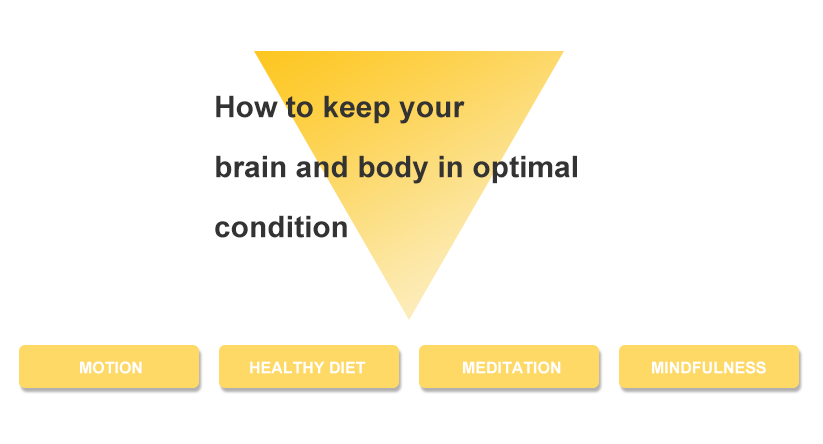
For example, carbohydrates increase serotonin, a brain chemical that has a calming effect. Perhaps that's why people often crave carbohydrate-rich foods when they are under stress. Protein-rich foods increase tyrosine, dopamine, and norepinephrine, which help to increase alertness. Aditionaly certain healthy fats (omega-3 fatty acids) become part of the membranes of brain cells and control many brain processes. Poor nutrition or lack of a variety of healthy foods can contribute to depression by limiting the availability of these specific nutrients.
While nutrient deficiencies are usually rare, it is important to note the effect that certain deficiencies can have on mental health. Thiamine (vitamin B1), which is found in legumes, some seeds, and fortified grains, is necessary for maintaining your energy supplies and coordinating the activity of nerves and muscles. Thiamine deficiency can lead to weakness, irritability, and depression. Folate (vitamin B9), which is found in leafy greens, legumes, and fortified grains, is essential for supporting red blood cell production, helping to prevent homocysteine build-up in your blood, and allowing nerves to function properly. Folate deficiency can result in depression, apathy, fatigue, poor sleep, and poor concentration.
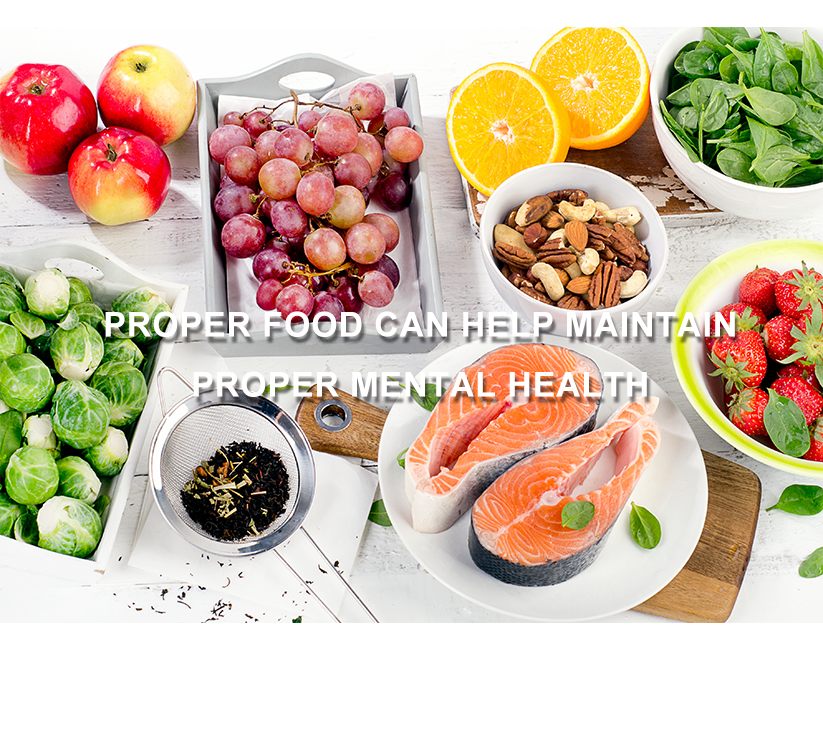
Please note that there are no research studies that support taking large amounts of vitamin supplements to prevent or treat depression. It is very important to talk with your doctor before taking any vitamin or supplement. Vitamins and minerals from food are much more readily and efficiently absorbed in the body than those obtained from supplements. By eating a wide variety of foods – including lean proteins, whole grains, fruits, vegetables, healthy fats, and low-fat dairy products you are well on your way to receiving the proper balance of essential nutrients.
Fish Oil(Omega-3)
The omega-3 in fish oil helps support a healthy heart. Fish oil from ComforHealth purified to remove mercury and keep a healthy mood balance.l Helps support a healthy heart function.l Helps support a healthy mood balance.l Purifie..


